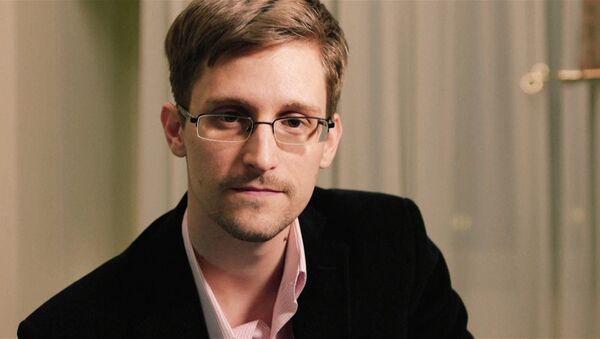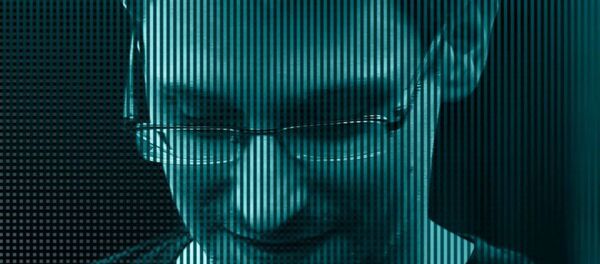"I can't see myself working there — partially because of these moral reasons," Daniel Swann, a 22-year-old fourth-year concurrent bachelor's-master's student, and prime candidate for the NSA, told NPR.
At Johns Hopkins University, where Swann studies, 31 people will earn their master’s degrees this year. Out of those 31, only five of them are US citizens eligible to work at the NSA. With many in this small community of code-breakers concerned with the morals and ethics at work at the Agency, their pool may be smaller than one would imagine.
In 2012, the year before Snowden’s disclosures about mass government surveillance, the NSA had a recruitment table at the wildly popular Defcon hacker conference in Las Vegas. Keith Alexander, the NSA director general at the time, delivered the event’s keynote speech.
"Absolutely no. And anybody who would tell you that we’re keeping files or dossiers on the American people knows that’s not true," Alexander told the crowd.
“If you have a few, shall we say, indiscretions in your past, don’t be alarmed. By the way, if you think you saw cool things at Defcon 20, just wait until you cross the threshold to NSA, ‘cause you ain’t seen nothing yet,” an electronic pamphlet handed out at the event promised.
The following year, amid outrage over the Snowden disclosures, the NSA was asked not to return by founder Jeff Moss.
The controversial agency not only has to worry about their own popularity after the news of their privacy violations broke. They also need to worry about the growing popularity — and profitability — of professions in cyber security.
It’s become a booming industry since 2013, and tech companies like Facebook are seeking to hire the same great minds the NSA is after. And unlike the NSA, these giants and their deep pockets can pay whatever it takes to get what they want.
The Agency needs to find 1,600 of the best and the brightest this year to recruit for their staff of 35,000 — and despite admitted concerns, they still claim to have been successful so far.




